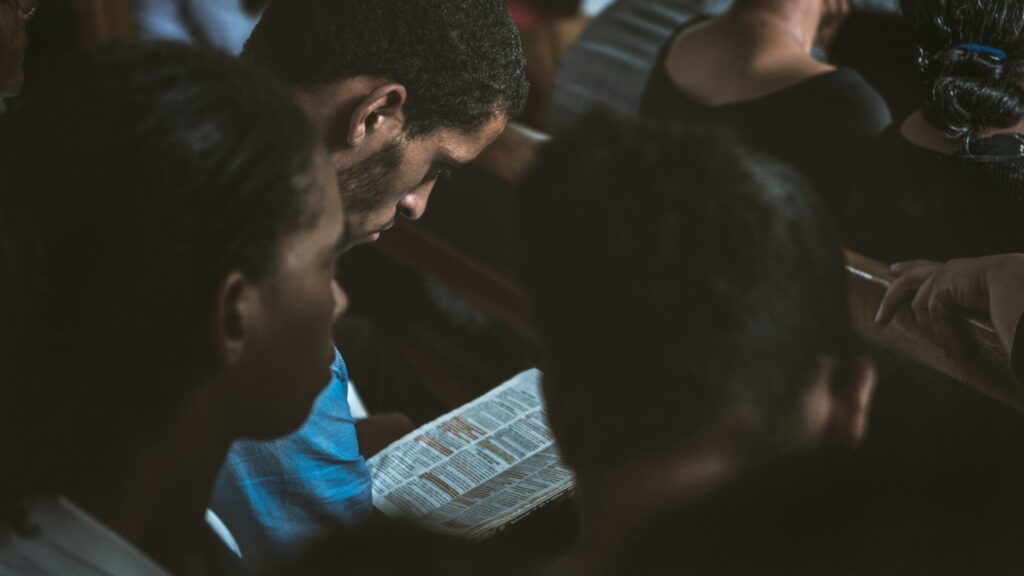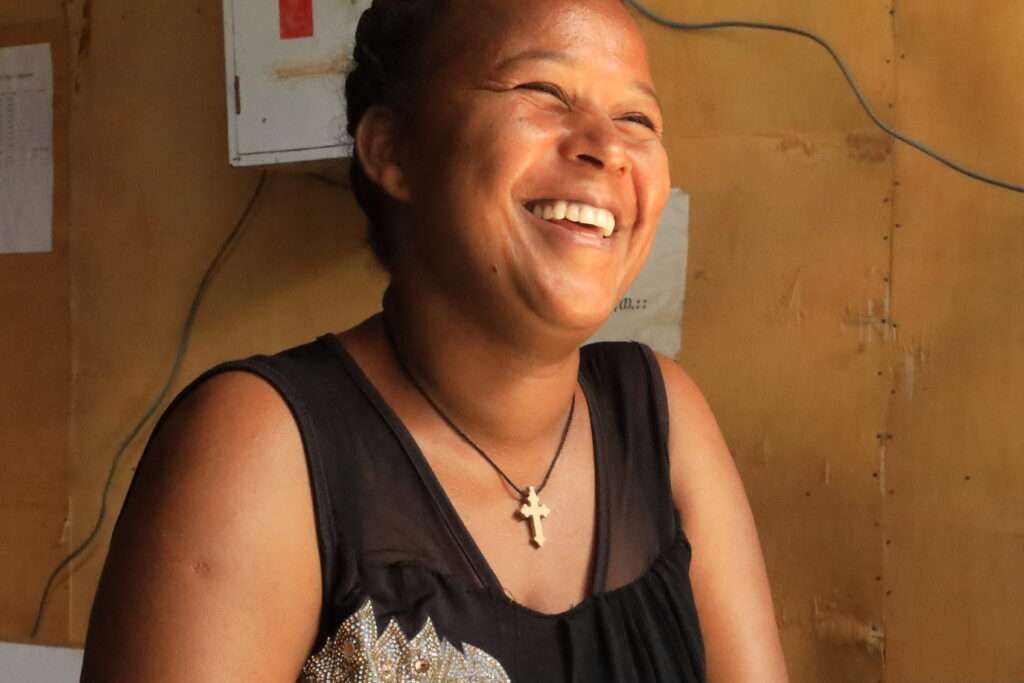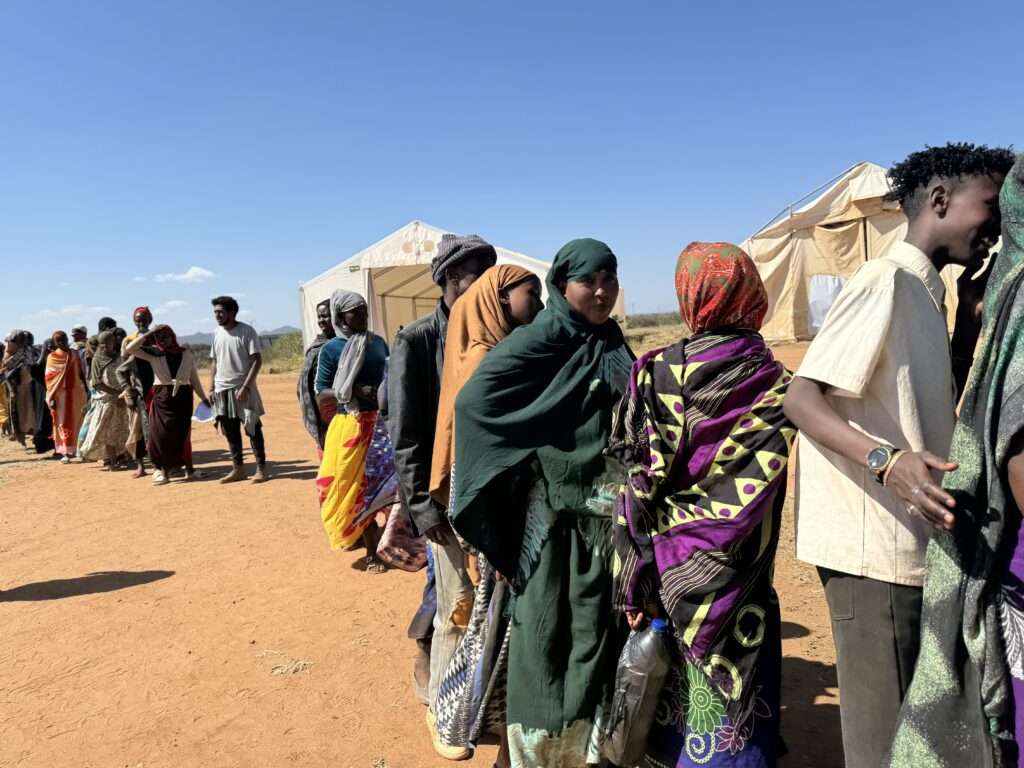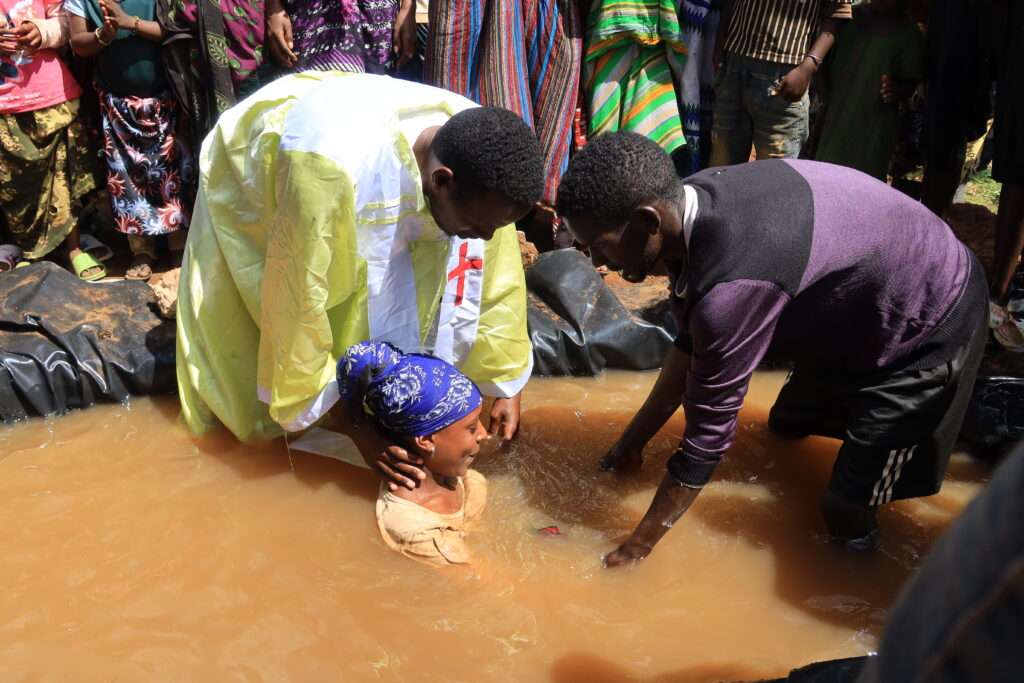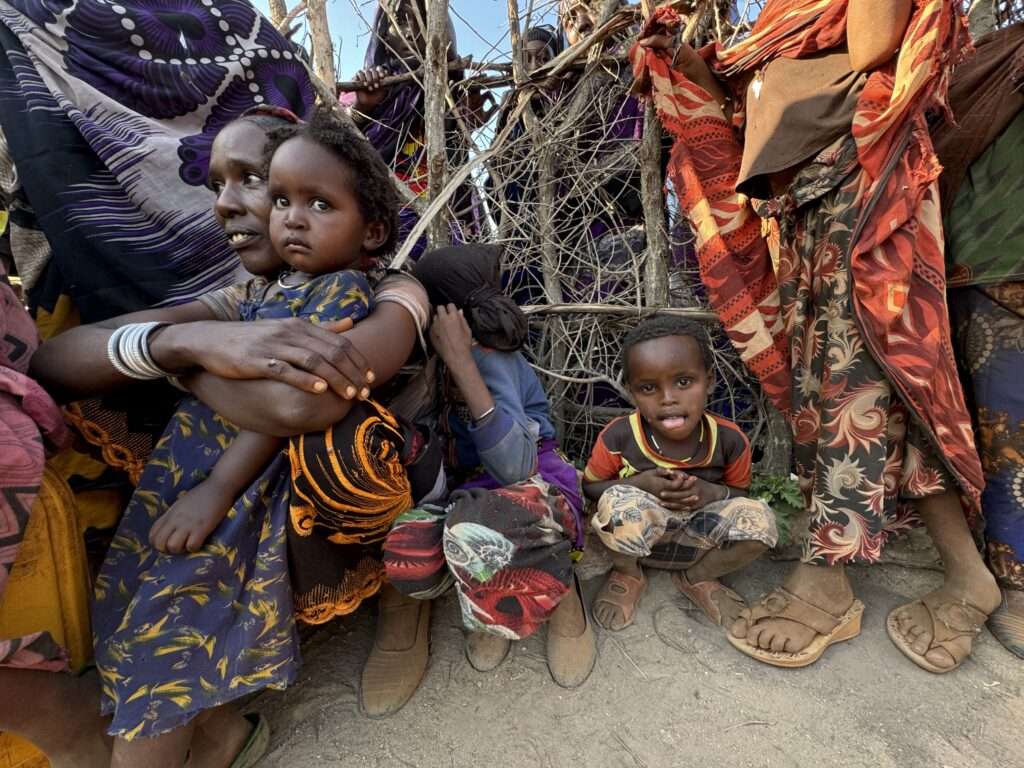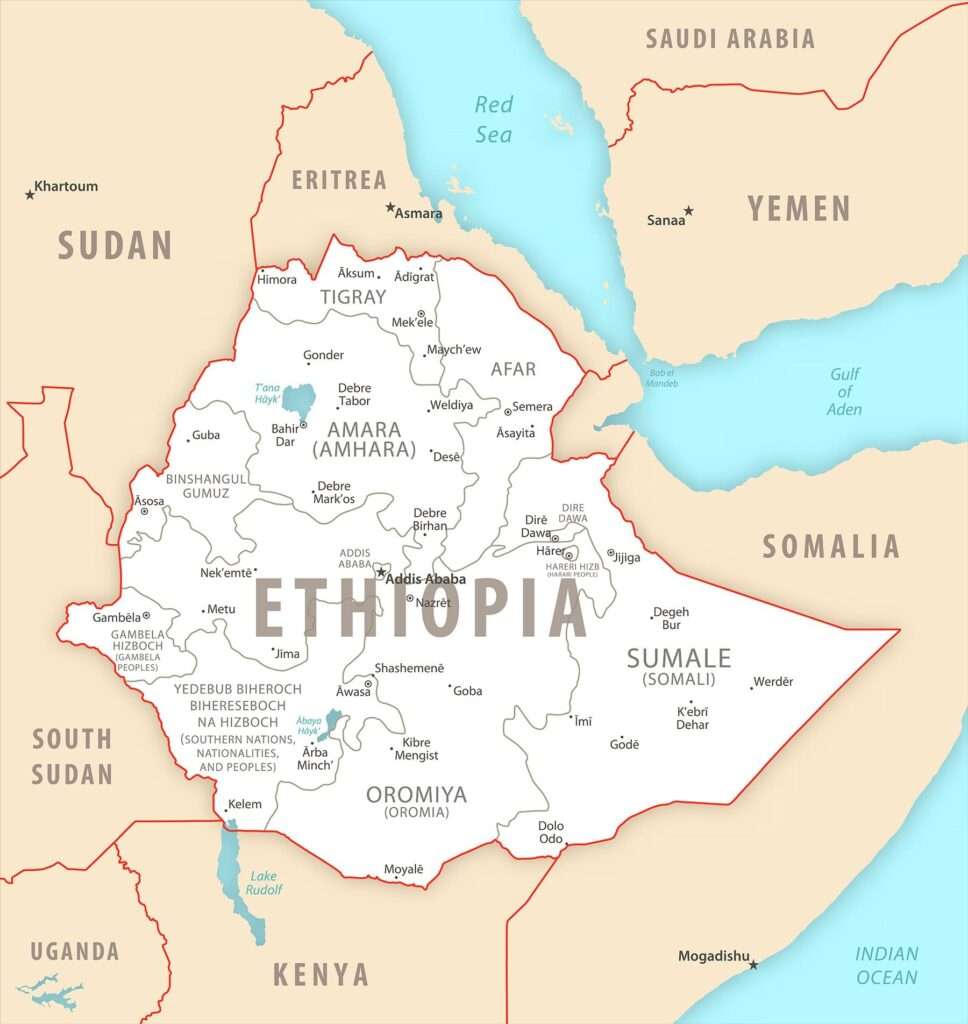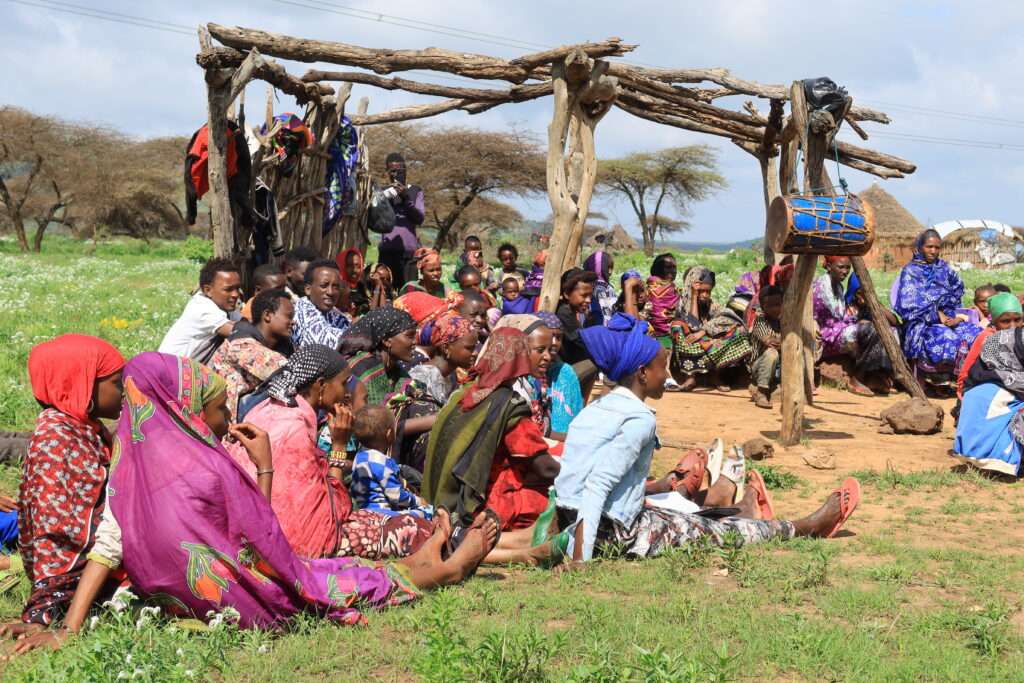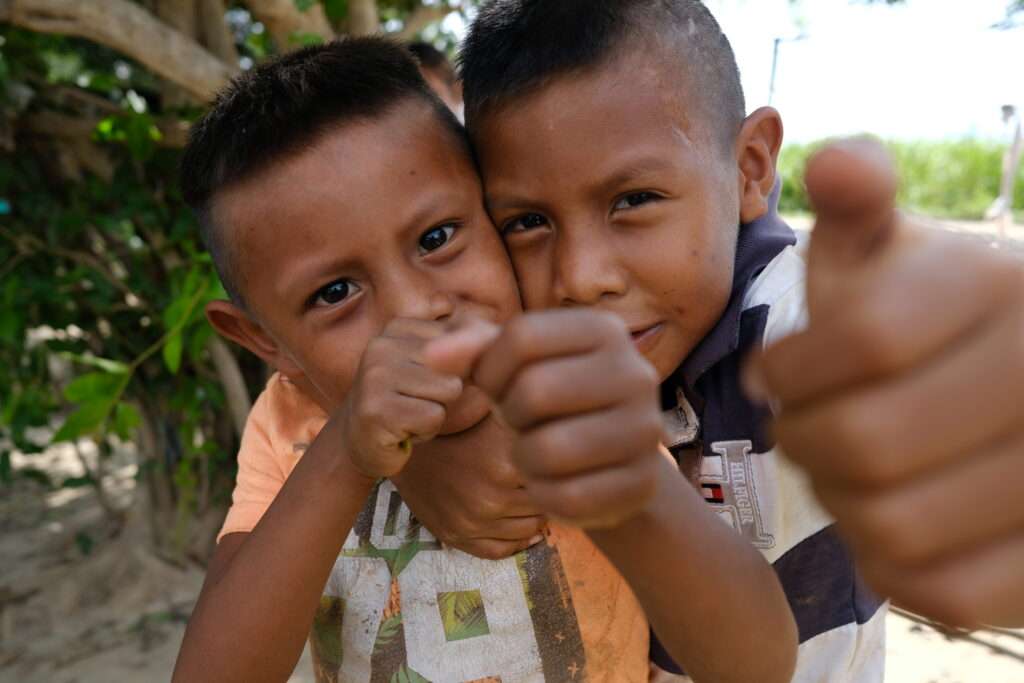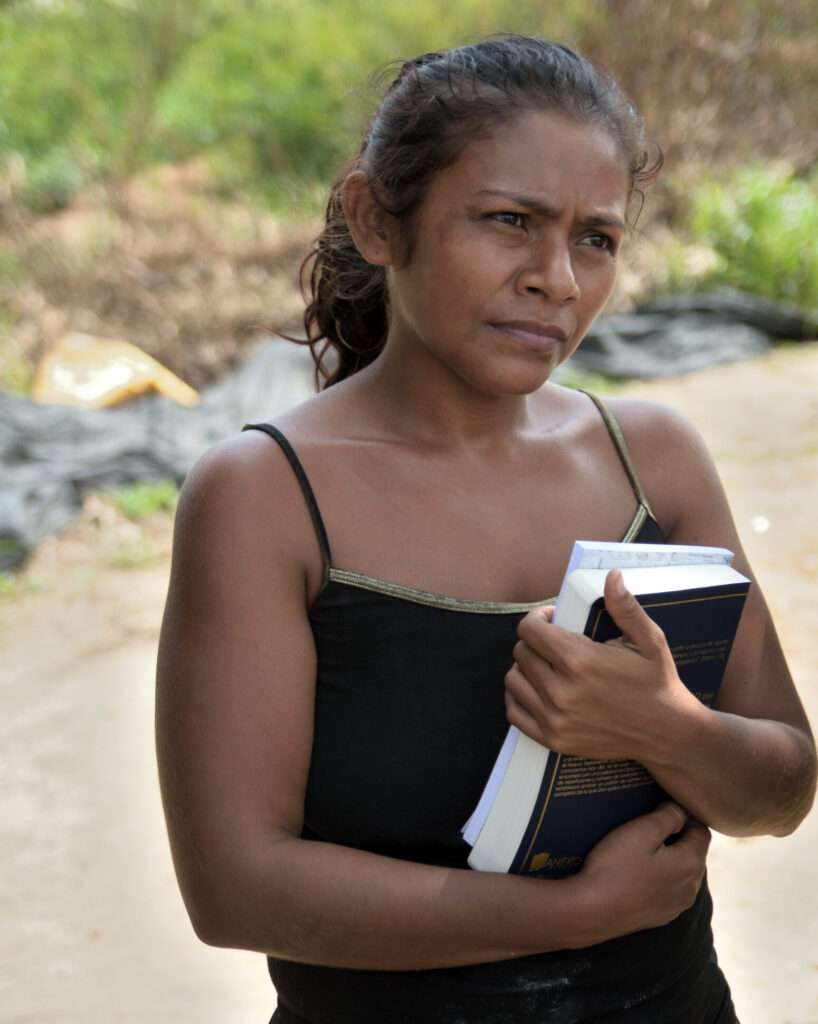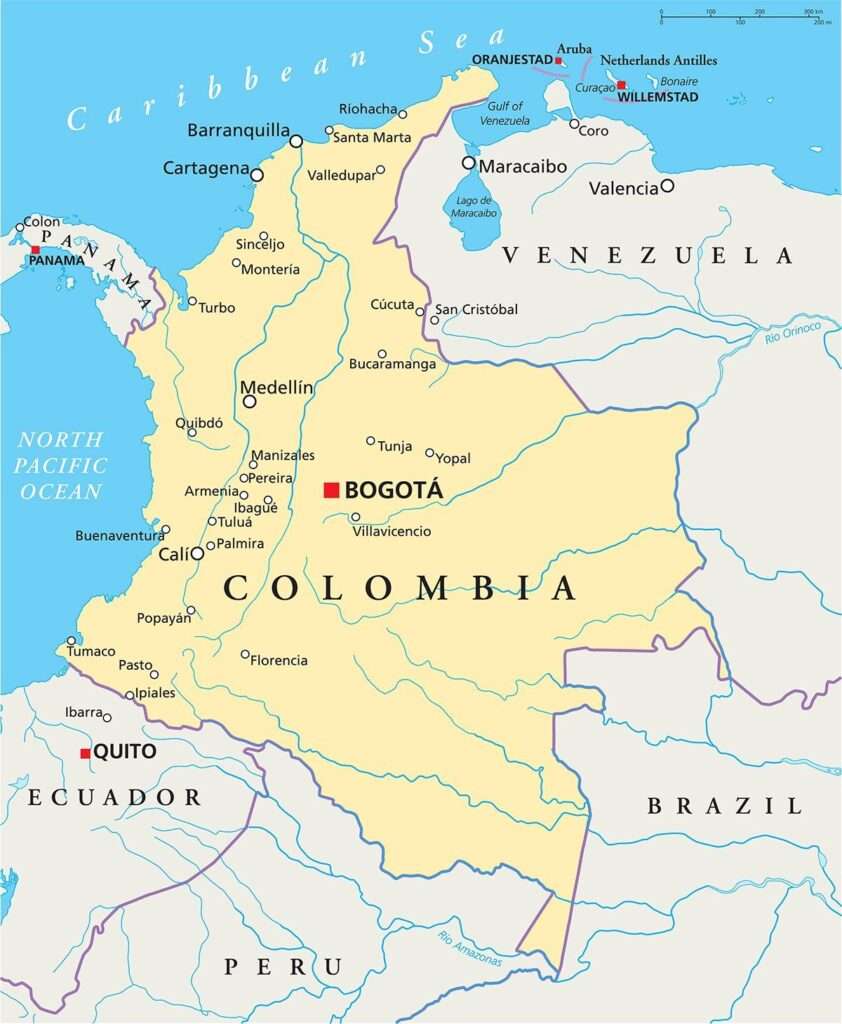LAHORE, Pakistan, March 6, 2024 (Christian Daily International–Morning Star News) – The Lahore High Court’s recent directive to strictly enforce anti-child marriage laws has raised hope among Pakistan’s Christians of some protection against their underage girls being forced to convert to Islam and wed their kidnappers, sources said.
In a landmark interim order issued by Justice Anwar Ul Haq Pannun of the Multan Bench of the Lahore High Court on Feb. 28, the court ordered the government to implement the anti-child marriage laws in letter and spirit. The court was hearing a petition filed by a Muslim woman, Ramzana Bibi, seeking the custody of a niece who had fallen victim to child marriage.
The court established a high-level committee headed by Prosecutor General of Punjab Syed Farhad Ali Shah to ensure effective implementation of child marriage restraint laws. It also ordered chairmen of union councils to promptly annul any underage marriages, with the court mandating strict legal actions against such unions.
Pannun’s order also instructed the assistant director of local government to conduct monthly reviews of union council records at the local tehsil level, emphasizing the critical role of local government in the complex challenge.
“This order marks a pivotal moment in the ongoing battle against underage marriages in Pakistan, especially those belonging to Christian and Hindu communities,” Christian attorney Sumera Shafique told Christian Daily International-Morning Star News. “It not only strengthens the legal framework but also signals a broader shift towards more vigilant and proactive measures in protecting the rights and well-being of young girls across the province.”
Shafique has won freedom for several Christian girls forcibly converted to Islam and married to those who kidnapped them.
The attorney said that, in the absence of laws against forcible conversion, strict enforcement of anti-child marriage laws could be a strong deterrent against abductions and conversions of minority girls.
“Though advocacy efforts are being made for criminalizing forced conversions, I believe that laws against child marriage can also be helpful in curbing religious conversion of underage minority girls,” she said. “The superior courts must also ensure that the subordinate courts follow these directions and evaluate cases involving religious conversion and marriage of minor girls under the anti-child marriage laws, instead of invoking the sharia [Islamic law] laws.”
Referring to a recent decision by Lahore High Court Justice Aalia Neelum in a bail petition, Shafique said the judge criticized the defendant’s lawyer and police officials when she learned that a 12-year-old Christian girl had been forcibly converted and married to a Muslim man five times her age.
“The judge rejected the accused’s bail and ordered to start his trial which, I believe, is a very encouraging thing. If high court judges deal with such matters empathetically, the attitude of the trial courts will also gradually improve,” Shafique said.
Church of Pakistan President Bishop Azad Marshall welcomed the Lahore High Court’s orders.
“We have repeatedly called for strictly enforcing the anti-child marriage laws to curb abductions and forced conversions of our young girls,” Marshall told Christian Daily International-Morning Star News. “We hope that government officials will follow the court’s directives to ensure that existing underage marriages are not only annulled, but future attempts to register such marriages are also penalized.”
Marshall also called for criminalizing forced conversions, emphasizing that the recent amendment to the Christian Marriage Act, wherein the minimum age for marriage of Christians was fixed at 18 years, would pave the way for more legislation for protection of girls.
“We also hope that the new parliament will passes our draft bill on Christian personal laws, under which a Christian marriage cannot be annulled automatically in case either of the two partners changed their faith,” he said.
According to a U.N. report issued in 2020, Pakistan has the sixth highest number of girls married before the age of 18 in the world.
Child marriage is prevalent in Pakistan is due to deeply entrenched traditions and customs, poverty, lack of awareness and/or access to education and lack of security, among other reasons, the report noted.
Health and human rights-based angles are frequently used to advocate for ending child marriage, but often neglected is that early marriage also negatively impacts a country’s economic growth and development. Child marriage will cost developing countries trillions of dollars by 2030, according to a study by the World Bank in 2017.
Pakistan ranked seventh on Open Doors’ 2024 World Watch List of the most difficult places to be a Christian, as it was the previous year.

